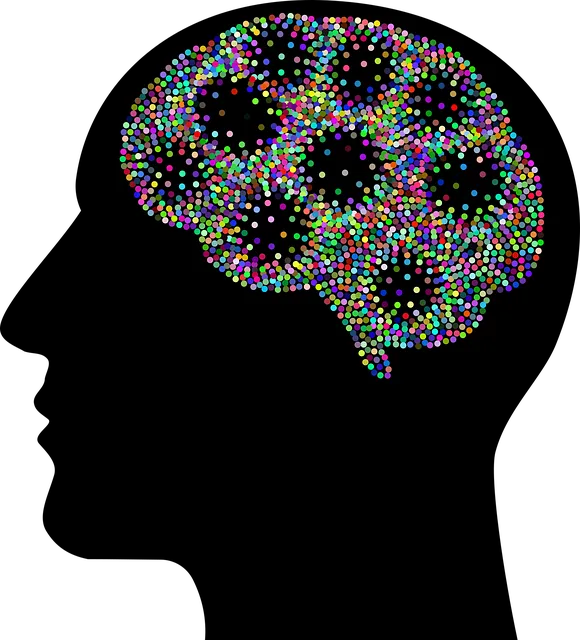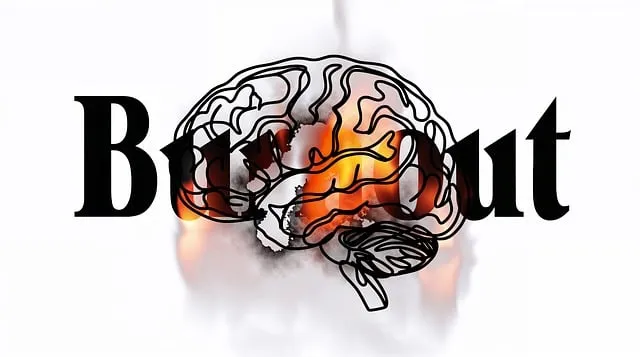The Centennial Kaiser Permanente mental health facility is a leader in trauma care, offering comprehensive support through various initiatives. These include open dialogues on recovery via their podcast series, Social Skills Training for rebuilding lives, and evidence-based therapies like CPT and EMDR. Assessment, self-care integration, community outreach, and group therapy sessions enhance the tailored support provided. The facility's holistic approach combines medical interventions with policy advocacy, public awareness campaigns, and cultural competency training to address trauma survivor needs effectively.
Trauma is a pervasive issue that demands specialized support services. This article explores comprehensive trauma care, focusing on the vital role of established facilities like the Centennial Kaiser Permanente Mental Health Facility. We delve into understanding trauma’s profound impact and how tailored assessment and evidence-based therapies facilitate recovery. Furthermore, it examines community resilience building through group support and education programs, highlighting effective strategies in addressing traumatic experiences.
- Understanding Trauma and Its Impact: A Foundation for Support Services
- The Role of Centennial Kaiser Permanente Mental Health Facility in Trauma Care
- Assessment and Individualized Care: Tailoring Services to Meet Unique Needs
- Evidence-Based Therapies and Interventions for Trauma Recovery
- Building Community Resilience: Group Support and Education Programs
Understanding Trauma and Its Impact: A Foundation for Support Services

Trauma is a profound and complex experience that can significantly shape an individual’s life trajectory. Understanding its far-reaching impact is paramount in establishing effective support services, especially within institutions like the Centennial Kaiser Permanente mental health facility. This understanding serves as a cornerstone for fostering environments that nurture recovery and promote mental wellness.
At the heart of trauma support lies the recognition that traumatic events can disrupt an individual’s sense of self, trigger intense emotions, and impair their ability to navigate daily life. The Centennial Kaiser Permanente mental health facility, through its comprehensive services, aims to address these challenges. Initiatives such as the Mental Wellness Podcast Series Production encourage open conversations about trauma and recovery, providing a platform for sharing strategies and experiences that cultivate inner strength development. Additionally, Social Skills Training is offered as a means to empower individuals with the tools necessary to rebuild their lives, fostering connections and supportive networks crucial for long-term mental health sustainability.
The Role of Centennial Kaiser Permanente Mental Health Facility in Trauma Care

The Centennial Kaiser Permanente Mental Health Facility plays a pivotal role in trauma care, serving as a beacon of hope for individuals navigating the challenging waters of traumatic experiences. This facility is renowned for its comprehensive approach, integrating cutting-edge medical interventions with therapeutic support to address the multifaceted needs of trauma survivors. Through dedicated teams of mental health professionals, it offers specialized services tailored to help patients process and overcome their traumas effectively.
Beyond direct patient care, the Centennial Kaiser Permanente Mental Health Facility contributes significantly to the field through its Mental Health Policy Analysis and Advocacy efforts. By collaborating with stakeholders across various sectors, the facility influences policy decisions that shape trauma support systems. Additionally, they produce a Mental Wellness Podcast Series, providing an accessible platform for sharing evidence-based strategies and fostering community engagement in communication about trauma care. This multi-faceted approach ensures that trauma survivors receive holistic support while also promoting public awareness and understanding of mental wellness issues.
Assessment and Individualized Care: Tailoring Services to Meet Unique Needs

At the Centennial Kaiser Permanente mental health facility, assessment plays a pivotal role in trauma support services provision. A comprehensive evaluation process ensures that each client receives care tailored to their unique needs. This individualized approach begins with thorough screening and continues through ongoing monitoring, allowing for adjustments as clients progress. By integrating self-care practices into treatment plans, the facility empowers individuals to manage their trauma responses effectively.
The Centennial Kaiser Permanente team employs advanced empathy building strategies, fostered through both training and experience, to create a safe and supportive environment. This nurturing atmosphere encourages clients to share their stories at their own pace, fostering trust and facilitating deeper engagement. Community outreach program implementation further enhances services by connecting individuals with broader support networks, reflecting the facility’s commitment to holistic healing and long-term well-being.
Evidence-Based Therapies and Interventions for Trauma Recovery

At the Centennial Kaiser Permanente mental health facility, evidence-based therapies and interventions play a pivotal role in trauma recovery. These approaches are designed to help individuals process and overcome traumatic experiences, fostering resilience and healing. One such effective method is Cognitive Processing Therapy (CPT), which focuses on identifying and modifying negative thoughts and beliefs arising from trauma. CPT encourages self-awareness exercises, allowing individuals to confront and reframe distressing memories, thereby reducing symptoms of post-traumatic stress disorder (PTSD).
Additionally, Eye Movement Desensitization and Reprocessing (EMDR) therapy has gained recognition for its success in treating trauma. EMDR involves guided eye movements or other bilateral stimulation techniques while the individual recalls traumatic events. This process helps desensitize individuals to the traumatic memories, promoting emotional healing. Beyond these therapies, public awareness campaigns development and healthcare provider cultural competency training are crucial components in ensuring comprehensive trauma support. These initiatives enhance understanding and accessibility of services, fostering a more supportive environment for those seeking recovery.
Building Community Resilience: Group Support and Education Programs

Building community resilience is a key aspect of trauma support services, and group support plays a pivotal role in this process. At the Centennial Kaiser Permanente mental health facility, they recognize that fostering a sense of belonging and mutual aid can significantly enhance emotional healing processes. Group therapy sessions bring individuals together who have shared experiences, creating a safe space to express feelings, exchange strategies for coping with trauma, and offer peer support. This collaborative environment encourages participants to develop self-care routines for better mental health, fostering resilience against future challenges.
Additionally, educational programs focused on conflict resolution techniques are integral to these group initiatives. By teaching effective communication skills and peaceful conflict management strategies, the facility empowers individuals to navigate interpersonal difficulties with increased confidence and emotional intelligence. Such programs not only contribute to personal growth but also strengthen community bonds, creating a more supportive environment for everyone involved.
The comprehensive approach to trauma support showcased by the Centennial Kaiser Permanente mental health facility, coupled with evidence-based therapies and community resilience building initiatives, presents a robust framework for effective recovery. By understanding the unique needs of individuals and providing tailored care, services like these play a vital role in fostering healing and enhancing the overall well-being of those affected by trauma. This holistic model, as demonstrated by the facility’s various programs, offers hope and promises transformative outcomes for the future of trauma care.






